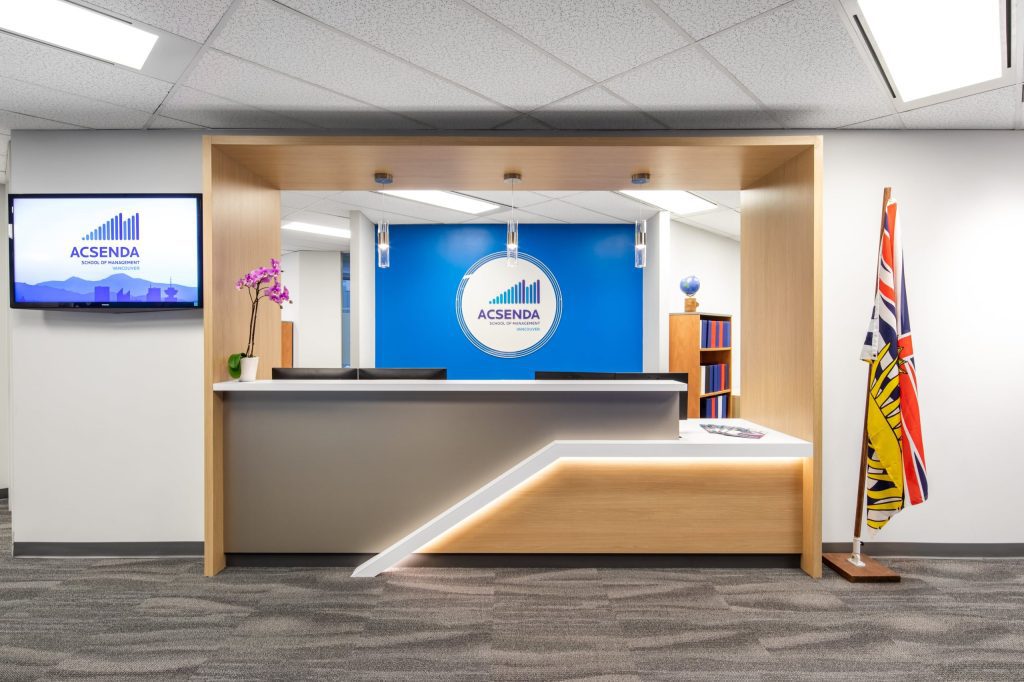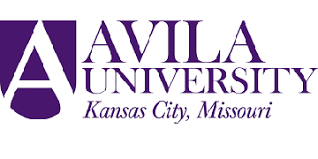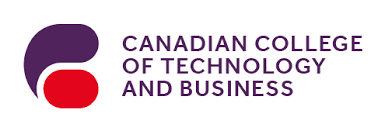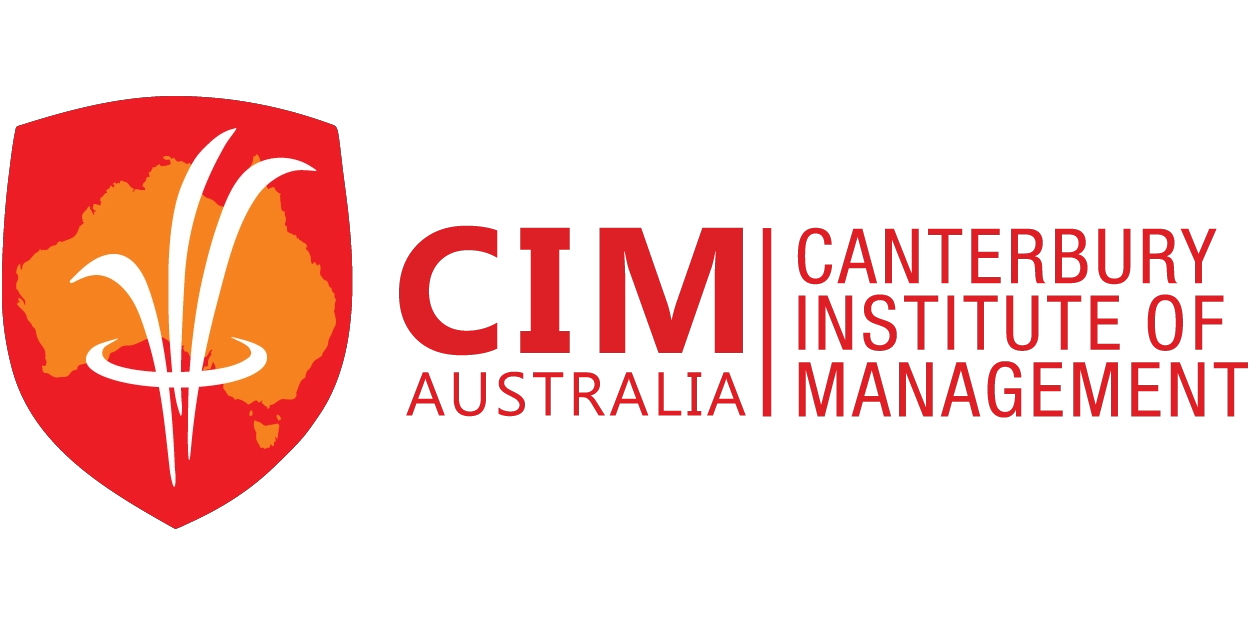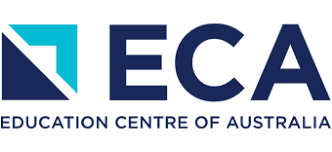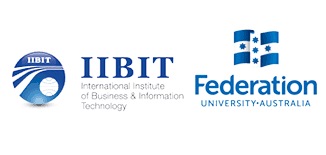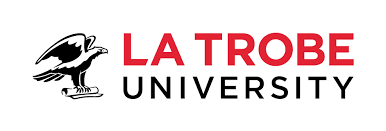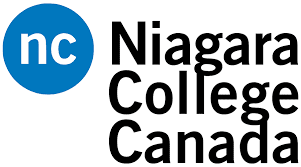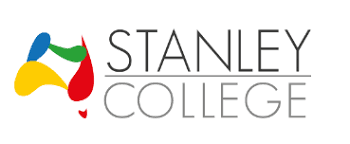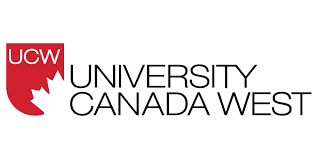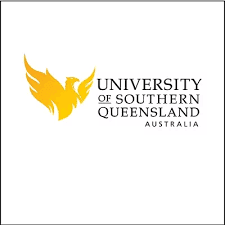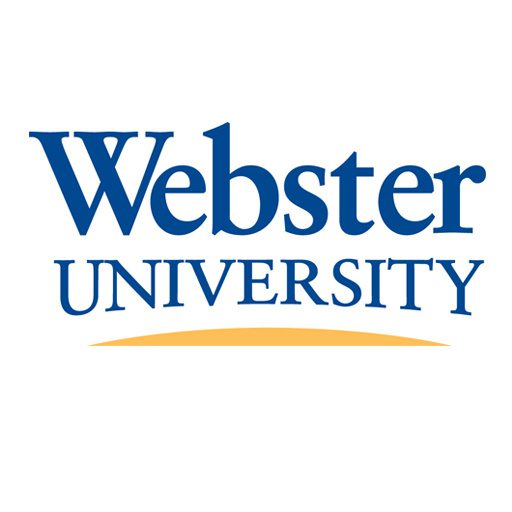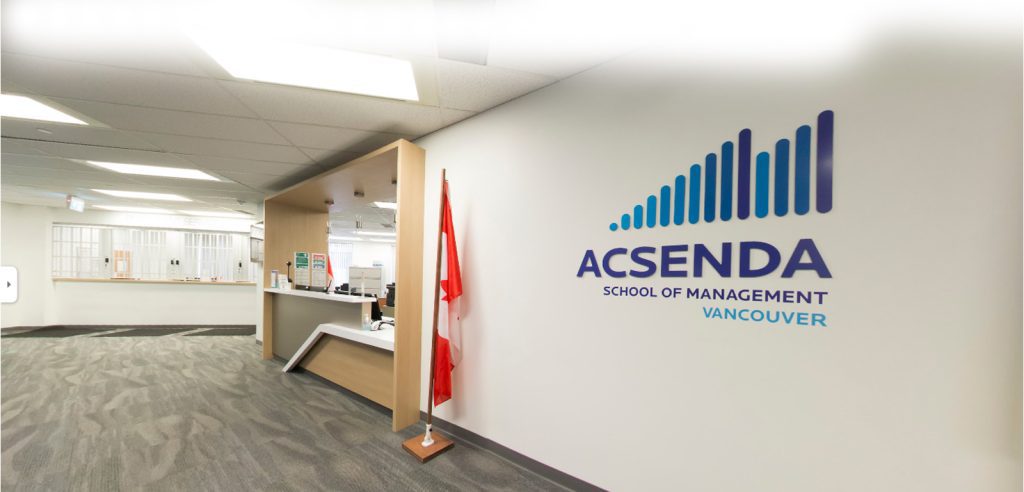
About Acsenda School of Management
Acsenda School of Management, based in Vancouver, Canada, and founded in 2004, is a private post-secondary university known for its business education programs. Undergraduate programs leading to a Bachelor of Business Administration (BBA) degree are available, with a concentration on marketing, finance, human resources, international business, and general management. Acsenda is accredited by the Accreditation Council for Business Schools and Programs (ACBSP) and is approved by the British Columbia Ministry of Advanced Education. The institution’s international emphasis offers students with a worldwide perspective on business by offering internships, study abroad programs, and exposure to different cultural viewpoints. The student body of Acsenda is diversified, attracting both domestic and foreign students.
